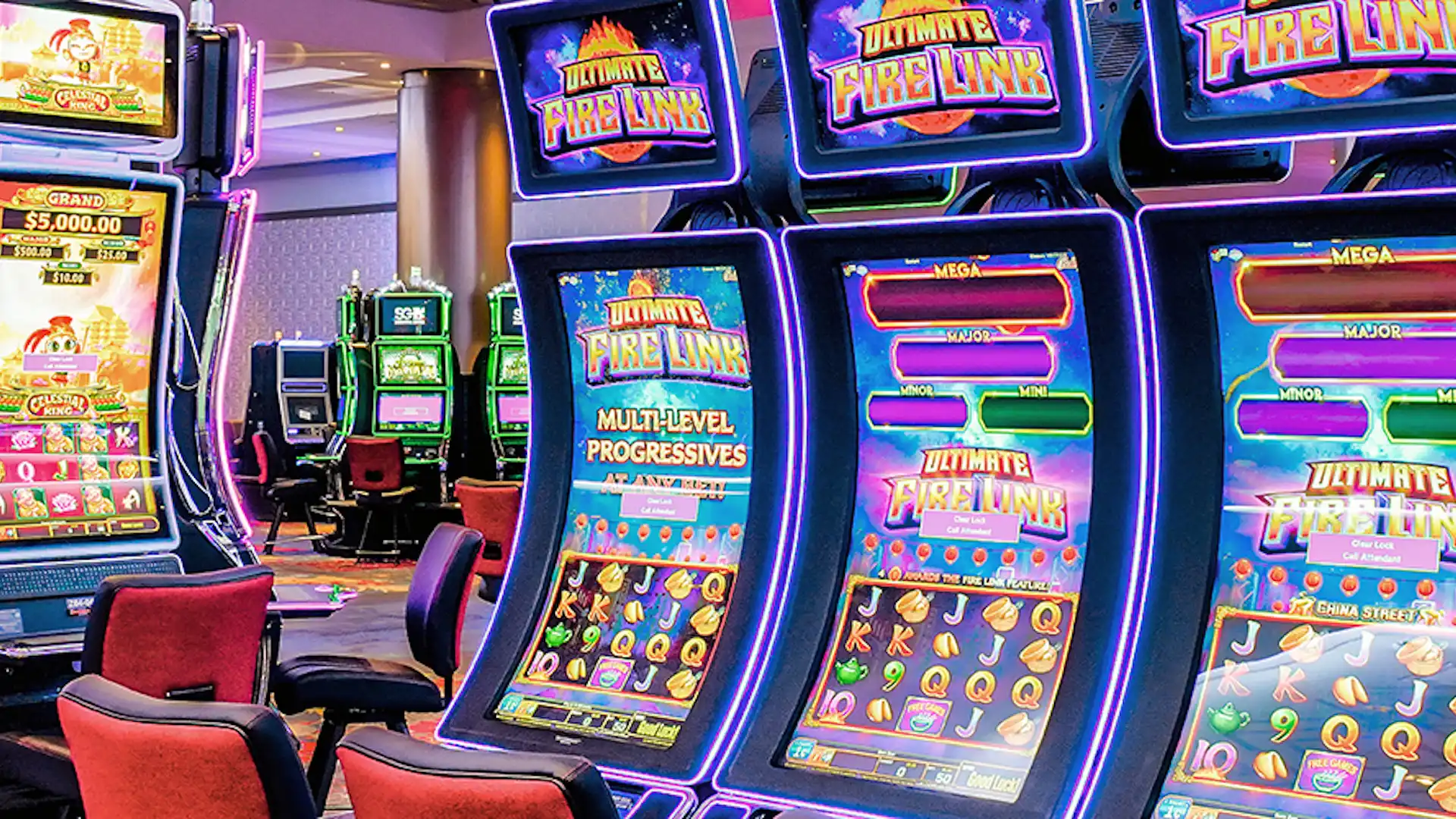
Gambling games have been a source entertainment and excitement for countless players around the world. One of the main components that renders these games engaging is the variety of cards used in different types of games. Grasping the different kinds of cards can enhance your gaming experience and improve your gameplay strategies. Regardless of whether you are attracted to traditional card games like Texas Hold’em and 21 or modern casino offerings, each game depends on a unique set of cards that influences the rules and the flow of play.
In casino environments, cards appear in various forms, each designed to fit the requirements of specific games. From standard decks to specialized card types, the diversity plays a crucial role in shaping the dynamics of each game. By acquainting yourself with these cards and their applications, you can achieve more profound insights into the games and make more informed decisions at the table. This understanding not only enriches your gaming experience but also adds to a more sophisticated approach to your odds of success.
Types of Playing Cards
When it comes to casino games, the kind of playing cards used can significantly impact the flow of the game and tactics. The most frequent deck is the traditional 52-card deck, which consists of four suits: clubs, and spades. Each suit contains thirteen ranks, from Ace to king. This traditional deck is essential in numerous games, such as poker, where players aim to create the best hand possible or approach 21 as they can.
Some casino games use unique decks specifically designed for the game itself. For instance, the well-known game of baccarat often uses multiple decks shuffled together, typically six or 8. This not only increases the difficulty of the game but also impacts wagering strategies, as players must consider the higher number of cards in play. Additionally, some games may introduce jokers or wild cards, adding further variety and excitement to the gaming experience.
In niche games, specialized decks may come into play. https://188betonline.com/ For instance, in games like Bridge or pinochle, players might use unique rules with varied card values or roles. These variations keep the gameplay new and allow for diverse strategies to emerge. Understanding the different types of playing cards and their specific uses in different casino games is key to enhancing one’s gaming experience and improving overall performance at the tables.
Deck Variations in Casino Games
In gambling games, the kind of deck used can significantly impact both the play and the tactics employed by participants. Most traditional card games, such as 21 and five-card draw, typically use a regular 52-card deck. However, variations do exist where additional jokers or even multiple packs are utilized. For instance, in 21, some casinos may use one to eight decks, which can change the probabilities and the fundamental strategy needed to compete effectively. Participants must be cognizant of the set of cards makeup, as it affects the house edge.
Another common variation in gambling playing card activities is the utilization of specialized or specialized decks. For example, some poker activities might use a deck that includes unique graphics or patterns, which can enhance the atmosphere at the gaming table. These specialized packs often function to distinguish between different play types or loyalty initiatives within the gaming establishment. While the traditional guidelines of the game remain the same, the aesthetics can affect participant involvement and satisfaction.
Finally, the shuffling techniques used with various types of decks can also impact gameplay. Casinos often make use of automatic shufflers that can effectively shuffle multiple decks efficiently, making card counting more difficult. The rate and manner of mixing can differ widely based on the activity and the casino’s rules. Understanding these deck variations is important for any player looking to enhance their game strategy and overall satisfaction in gaming games.
Importance of Playing Card Worth
In gambling activities, the significance of each playing card plays a crucial role in deciding the outcome of multiple activities. Distinct activities assign unique worths to cards, shaping strategies and player decisions. For case, in 21, playing cards ranging two through 10 are rated at their face worth, while face playing cards hold a worth of 10, and the Ace can be worth alternatively one or 11. Comprehending these values allows players to make informed decisions during gameplay, enhancing their chances of success.
Similarly, in Texas Hold’em, the significance of playing card values extends to hand and hand rankings. High-value cards can form more powerful hands, such as pairs, straights, or flushes, which are crucial for winning in the game. Players must evaluate not only their personal cards but also potential combinations their opponents might hold. This strategic complexity adds excitement and complexity, making card values a central factor in the appeal of poker appeal.
Moreover, the mental element of playing card worths cannot be overlooked. Gamers may use the awareness of card worths to deceive or trick their opponents. By understanding how a card’s worth can impact the game’s mechanics, players can better manage hazards and rewards, creating a thrilling atmosphere in gaming activities. Whether competing for fun or for real cash, knowledge of playing card worths significantly influences the overall gaming encounter.
